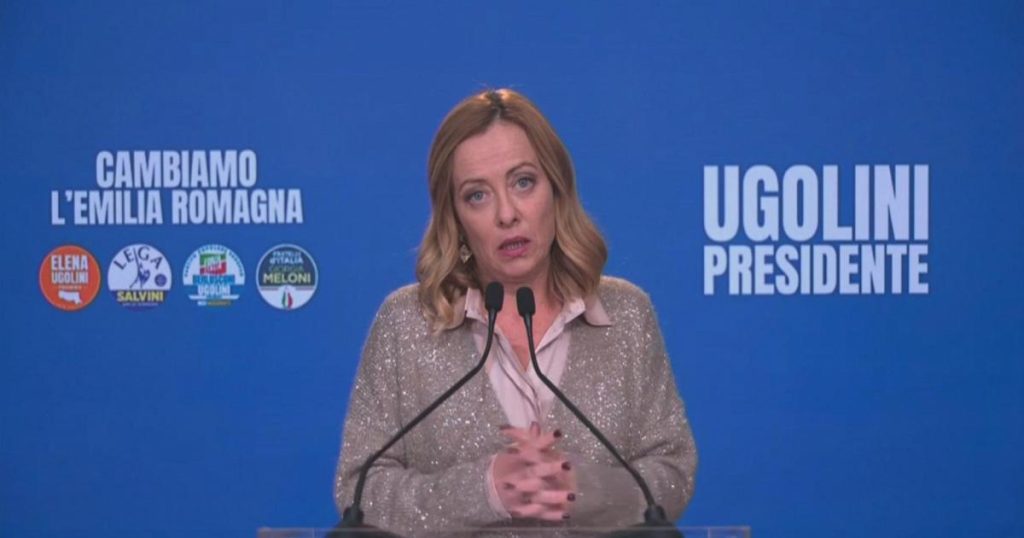In a recent meeting, Italian Prime Minister Giorgia Meloni questioned the unions that called for a general strike against the government’s economic measures, particularly those who incited social revolt against the government. Meloni asked why the strike was called now, when the unemployment rate is lower than in the past and the economy is more stable. She pointed out that previous leftist governments used citizens’ money to bail out banks, while her government has sought contributions from banks to help workers. Meloni highlighted the unprecedented tone of the unions’ calls for revolt and questioned their timing.
Meloni emphasized Italy’s economic stability and investor confidence, pointing to various macroeconomic indicators that show Italy in a positive light compared to other European countries. She highlighted achievements such as a significant reduction in the spread, the Italian stock market performing well, and Italy becoming the fourth largest exporter in the world. Meloni also noted that Italy has low inflation rates and high demand for state bonds, demonstrating that the country is now seen as a reliable and attractive investment destination. She emphasized that Italy now provides certainty to investors, unlike in the past.
The Prime Minister also defended her government’s record on healthcare spending, stating that no previous Italian government has allocated as many resources to the healthcare system as hers. Meloni highlighted the significant increase in healthcare funding, with a projected budget of 136.5 billion euros in 2025, the highest amount ever allocated to healthcare in Italy. She stated that the government has increased healthcare spending per capita significantly, from 1,919 euros in 2019 to 2,317 euros in 2025. Meloni attributed the funding for these increases to a combination of factors, including improved tax collection, spending cuts in ministries, and contributions from banks and insurance companies.
Meloni criticized the unions for not calling for a strike when the economic situation was worse in the past, questioning their motives and timing. She also highlighted the strength of Italy’s economy and the government’s efforts to attract investment through stable economic policies. Meloni emphasized the government’s record on healthcare spending, noting the significant increase in funding for the healthcare system. She also outlined the sources of funding for these increases, pointing to improved tax collection, spending cuts, and contributions from banks and insurance companies. Meloni’s statements reflect her commitment to economic stability and social welfare in Italy.
Overall, Meloni’s remarks underscore the government’s achievements in stabilizing the economy, attracting investment, and increasing funding for essential services like healthcare. She addressed criticisms from unions and defended her government’s policies, emphasizing the importance of stability and certainty for investors. Meloni’s statements also highlight the government’s commitment to social welfare and the well-being of Italian citizens, as demonstrated by increased healthcare spending and other initiatives. By addressing these issues, Meloni sought to reassure the public and investors about the government’s economic and social policies.


